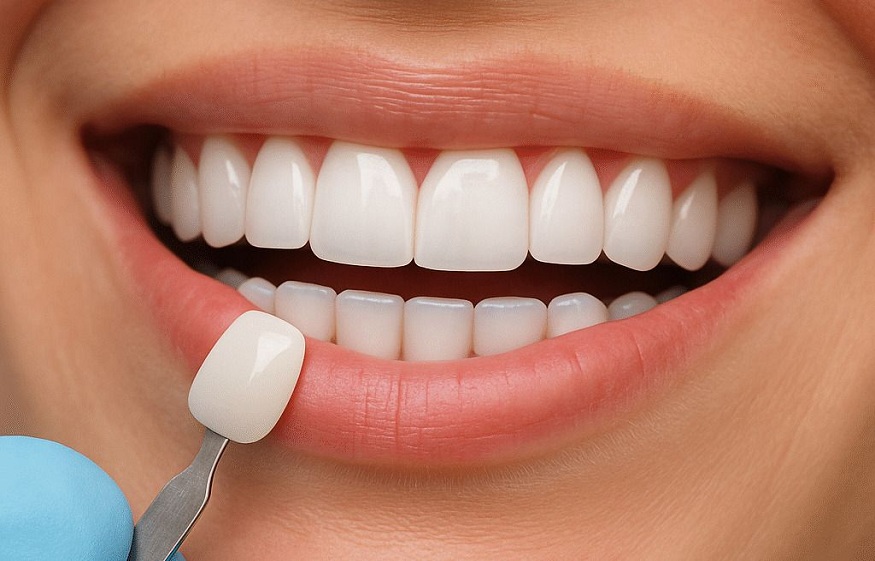For many suffering from TMJ (temporomandibular joint) disorders, the journey to finding relief is often fraught with frustration. But an emerging dental solution shows a beacon of hope. This post delves deep into how dental implants could potentially be your key to unlocking a pain-free smile.
Understanding TMJ Issues
The temporomandibular joint (TMJ) functions as the sliding hinge connecting your jawbone to your skull. Disorders in this region can manifest as pain, difficulty chewing, and a host of other symptoms, often leading to a diminished quality of life for the afflicted. Understanding the mechanics of TMJ and its widespread impact on oral health is crucial for those seeking avenues to manage its symptoms.
Traditional Treatments for TMJ
Over the years, TMJ sufferers have been advised a range of traditional treatments – from physical therapy and dental splints to medication aimed at reducing muscle tension and inflammation. While effective for some, these solutions don’t necessarily address the underlying skeletal issues that can be associated with TMJ disorders.
The Role of Dental Implants
With advancements in dental technology, implants are no longer just for replacing missing teeth; they also offer therapeutic benefits for TMJ symptoms. Moreover, dental implants in Gilbert, AZ, serve to restore not just the form but the natural function of the jaw, often mitigating the symptoms related to this painful condition.
Benefits of Dental Implants for TMJ
Among the most significant benefits of dental implants is their ability to improve jaw alignment and restore bite function. By replacing missing teeth and providing a stable foundation, dental implants can alleviate uneven stress on the jaw muscles and TMJ, which is often a significant factor in the disorder’s associated discomfort.
Improved Jaw Alignment: A well-placed dental implant supports natural jaw movement, reducing strain on the TMJ.
Restored Bite Function: Implants allow for a return to natural chewing habits, which can be beneficial in relieving TMJ-related pain.
Enhanced Oral Health: Dental implants help preserve the jawbone and surrounding teeth, contributing to overall oral health.
Considerations Before Getting Dental Implants for TMJ
It’s important to determine if you’re an ideal candidate for implants. Eligibility criteria, such as sufficient bone density and good general health, are critical prerequisites. Additionally, understanding the cost and insurance dynamics and what to expect during recovery and aftercare will equip you with the knowledge to make an informed decision.
Conclusion
The journey to resolve TMJ pain is intensely personal and nuanced. With dental implants emerging as a promising option to traditional TMJ solutions, it is worth having a conversation with your dental professional about whether they could be the right choice for you. As you continue your research, remember that the perfect solution is one that addresses both your symptoms and the underlying causes, leading to a healthier, more comfortable jaw function.



